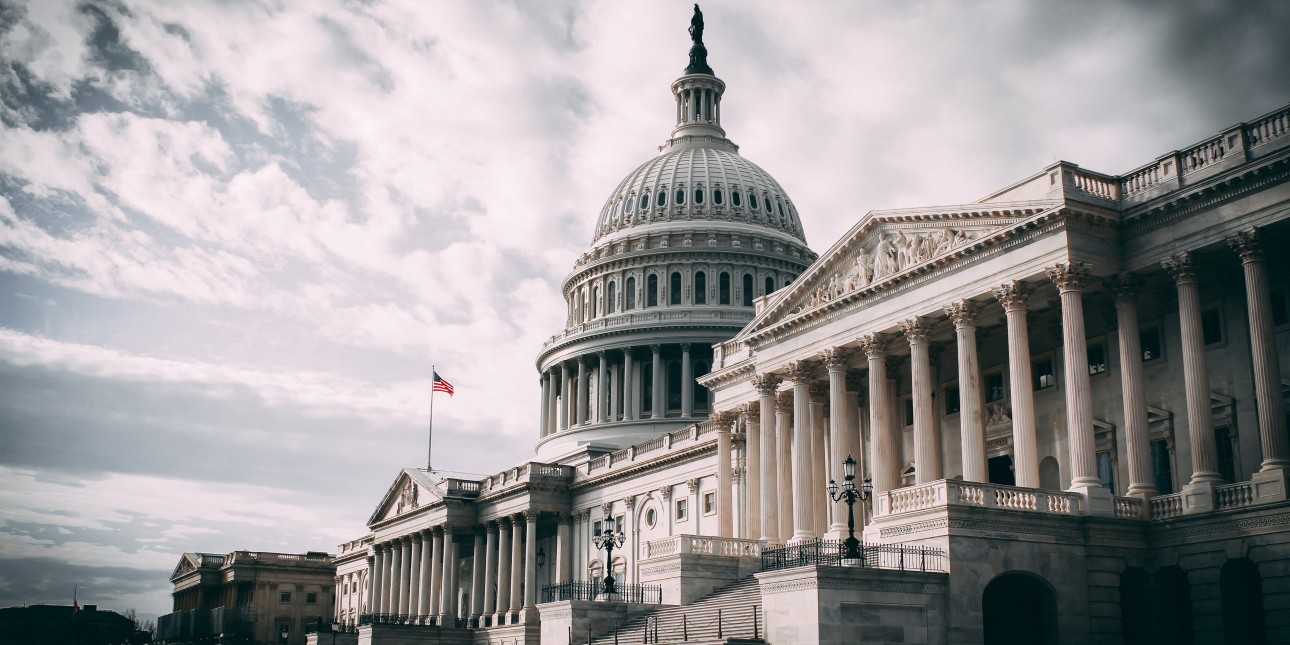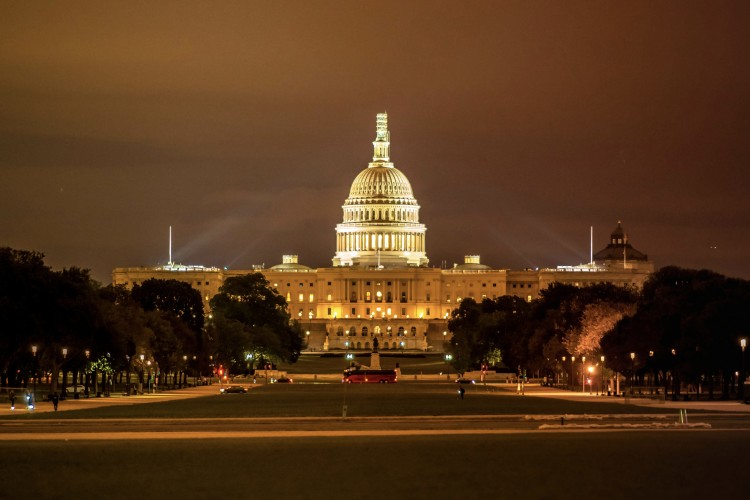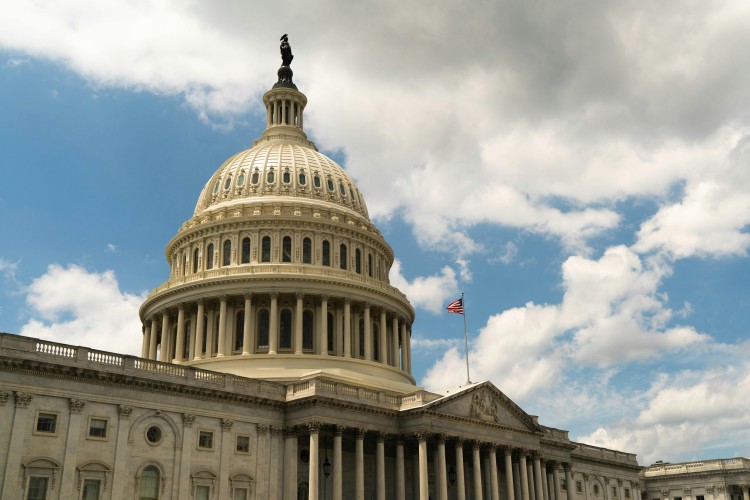Progress on Federal Funding

Congress Funds Funds Government through December 11.
The new federal fiscal year began October 1. Thankfully, Congress passed a continuing resolution (CR) to temporary fund the federal government through December 11, 2020. Federal agencies will continue operating under funding levels from the prior fiscal year.
Congress will need to finalized FY2021 appropriations during the “lame duck” session between the election and New Years. Earlier this year, the House of Representatives passed most of its appropriations bills, including significant funding and policy changes for youth and young adults experiencing homelessness and more funding for mentoring. During the lame duck, the pressure will be on for Congress to merge the House’s bills with the Senate’s priorities into a single compromise package, and to do so in only a few short weeks.
State of COVID Relief
The long-awaited “CARES 2.0” COVID relief bill is still stalled in Congress. Last week, the House Democrats released a new, pared down COVID proposal, reducing their position from $3.3 to $2.2 trillion. The White House’s lead negotiator, Treasury Secretary Mnuchin, has held several conversations with House Speaker Nancy Pelosi, but the already dim prospects for a deal before the election remain uncertain.
The House of Representatives voted late on the evening of October 1 and passed their new proposal (commonly referred to as “HEROES II”) along party-lines. This should be viewed as a position statement in the ongoing negotiations and messaging bill from the Democrats, not legislation that is likely to be adopted “as-is.” Nevertheless, HEROES II now serves as the House’s baseline for COVID relief negotiations. Fortunately, the bill contains several provisions to support youth and young adults experiencing homelessness or housing insecurity, including a 12-month extension on the federal moratorium on evictions. Below are a several other key provisions in HEROES II:
- Homeless Assistance Grants – $5 billion for Emergency Solutions Grants to address the impact of coronavirus among individuals and families who are homeless or at risk of homelessness and to support additional homeless assistance, prevention, and diversion activities to mitigate the impacts of the pandemic. This includes one automatic 12-month renewal of all CoC projects set to expire 2021, without a new competition.
- Emergency Rental Assistance – $50 billion to provide emergency assistance to help low-income renters at risk of homelessness avoid eviction due to the economic impact of the coronavirus pandemic.
- Community Development Block Grant – $5 billion for coronavirus response and to mitigate the impacts in our communities to be distributed by formula to current grantees. The legislation continues to waive the public services cap to allow communities to respond to the impacts of the pandemic.
- Flexibility for the Runaway and Homeless Youth Program - Provides the Secretary of Health and Human Services the authority to provide Runaway and Homeless Youth grantees certain flexibilities during the COVID-19 pandemic. Such flexibilities include waiving the limit on the amount of time for which youth can receive shelter or services, the maximum capacity in shelters or facilities that house youth when grantees assure that waiving such capacity limits does not compromise the health and safety of youth or staff or the ability to implement applicable Centers for Disease Control and Prevention guidance, and the 90 percent limitation on the Federal cost share.
We will continue to monitor the status of the Pelosi-Mnuchin negotiations. Until both chambers of Congress have left Washington to campaign for reelection, there remains a sliver of hope for a COVID deal pre-election.


